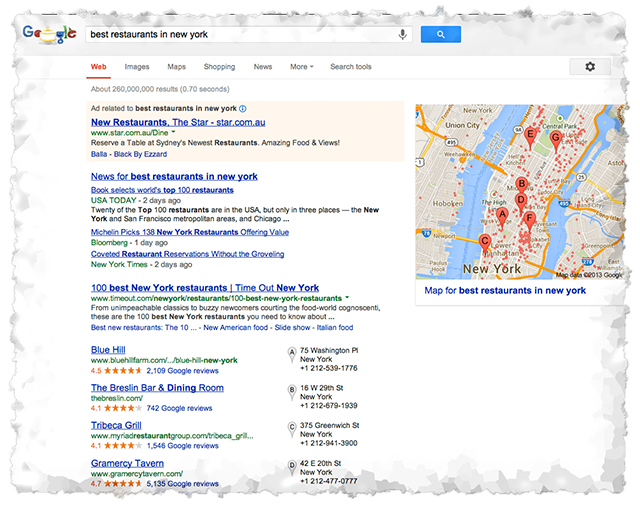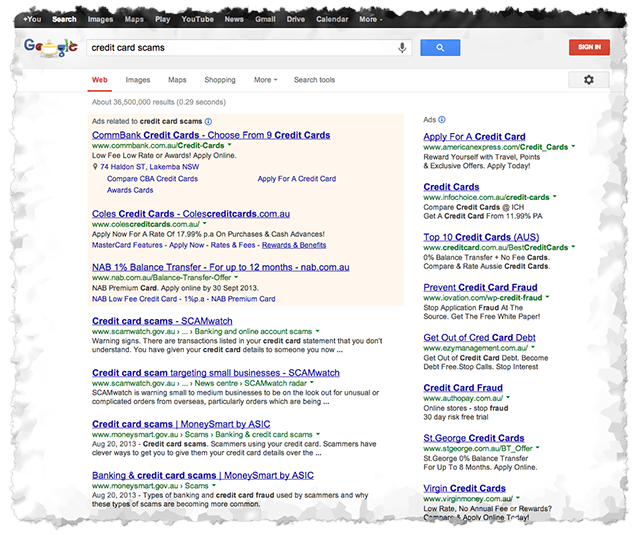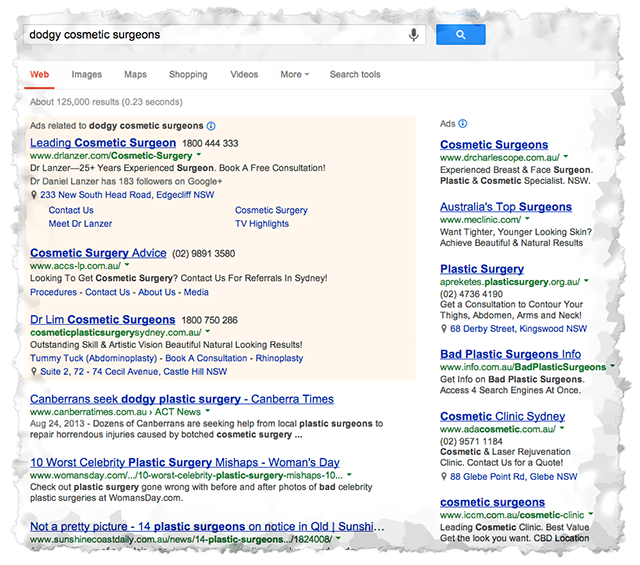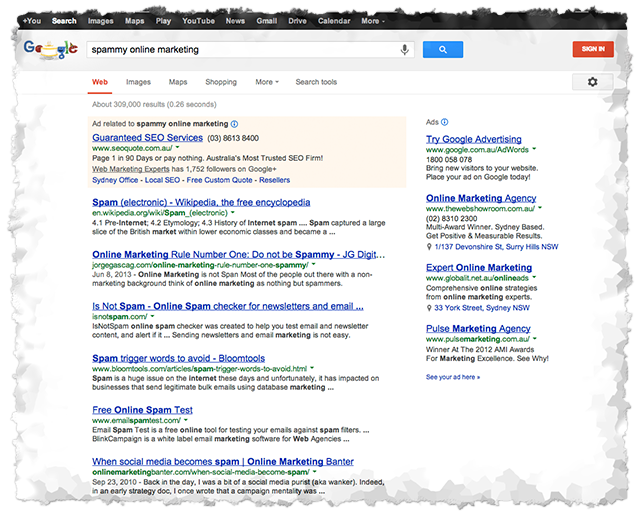You Need More Negative Keywords (Here's Why...)
Loves DataIt is a truth universally acknowledged, that an AdWords account in possession of a good performance record, must be in want of more negative keywords. Having plenty of negative keywords is a staple of AdWords best-practice lists everywhere. They insist on the importance of using negative keywords to increase your CTR, your quality score and the ROI on your clicks. However, in our experience advertisers still don’t take this seriously enough. We conducted a brief experiment in a Google Engage Bootcamp training course that we run. We asked, “How many people have a lot of negative keywords in their accounts?” A bunch of hands shot up. We then asked a follow-up: “How many people have more than 100 negative keywords in their accounts?” The vast majority of hands went back down. Advertisers were under the impression that having a negative keywords list in the double-digits was enough to get the most out of their account.
This is not the case. We’ve never seen an AdWords account that had “enough” negative keywords. None of the accounts we manage are ever in a state where they feel like they have “enough” negative keywords.
There are a few reasons why your negative list should always be growing:
- User behaviour changes
- The product/service changes
- You learn more detail about the product/service
- You become aware of additional factors that cause you to expand your list
Negative keywords can be classified into two areas. The first is keywords that you’re already aware that you don’t want to be appearing for, based on existing search queries, additional tools and common sense. Not that it’s too hard to find advertisers who are still appearing for these!
While 40% is a good discount for a bike, we don’t think this is quite what the advertiser intended:

free
We said FREE, dammit!
Someone who’s interested in a career as a wedding celebrant is very unlikely to also be getting married at the same time:

careers
Sorry, but you can't legally marry yourself yet.
If you're planning an exciting trip to New York, you probably won’t be satisfied by an exciting trip to... Pyrmont:

new_york
Pyrmont is great. But it's not Manhattan!
However, these types of negative keywords are only the tip of the iceberg. There is another category that we need to try to cover – keywords that we wouldn’t even be aware of because they don’t appear in any existing lists we can get our hands on. This might be because these keywords are completely irrelevant or have negative affect and therefore might not get any clicks to our website at all. These become easy to miss because there’s no set procedure for discovering them. For example, Google will truncate your “actual search queries” AdWords report to mainly show those queries that received a reasonable number of clicks – most queries that have received no clicks won’t show there. And these can be particularly damaging not only to ROI but to brand.
It’s doubtful that any of these institutions want to build up an association between their brand and credit card scams.

scams
Probably not quite the public image they were going for.
These are particularly important for products or services where people might already be wary of bad operators, such as this one:

dodgy
When Today Tonight uses your AdWords as a research tool...
Finally, even our own industry isn’t immune.

spammy
Ouch.
Hopefully this post has provided ideas for just some of the many areas into which we should be expanding our negative keywords – as well as the motivation to take our negative keyword lists seriously.
